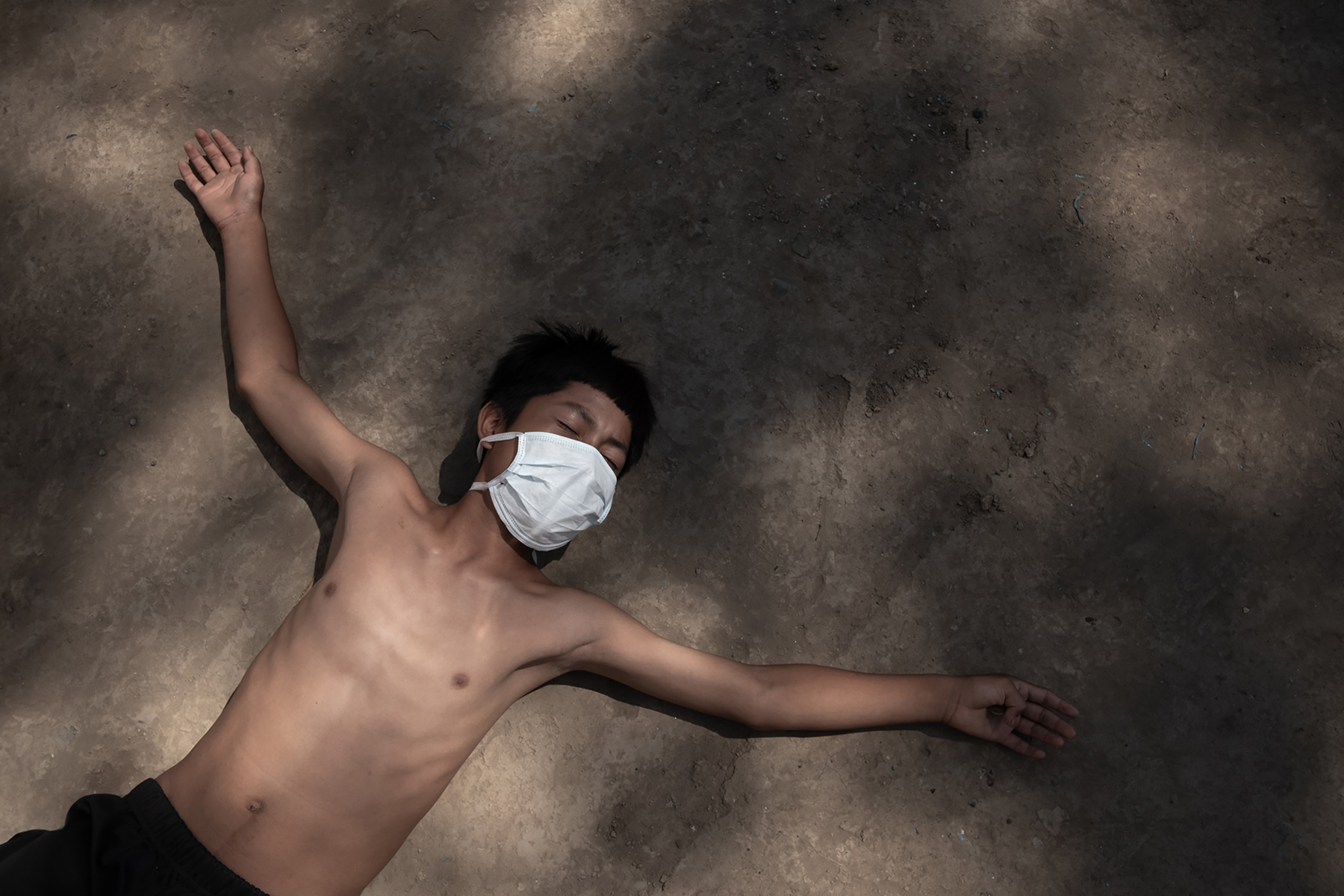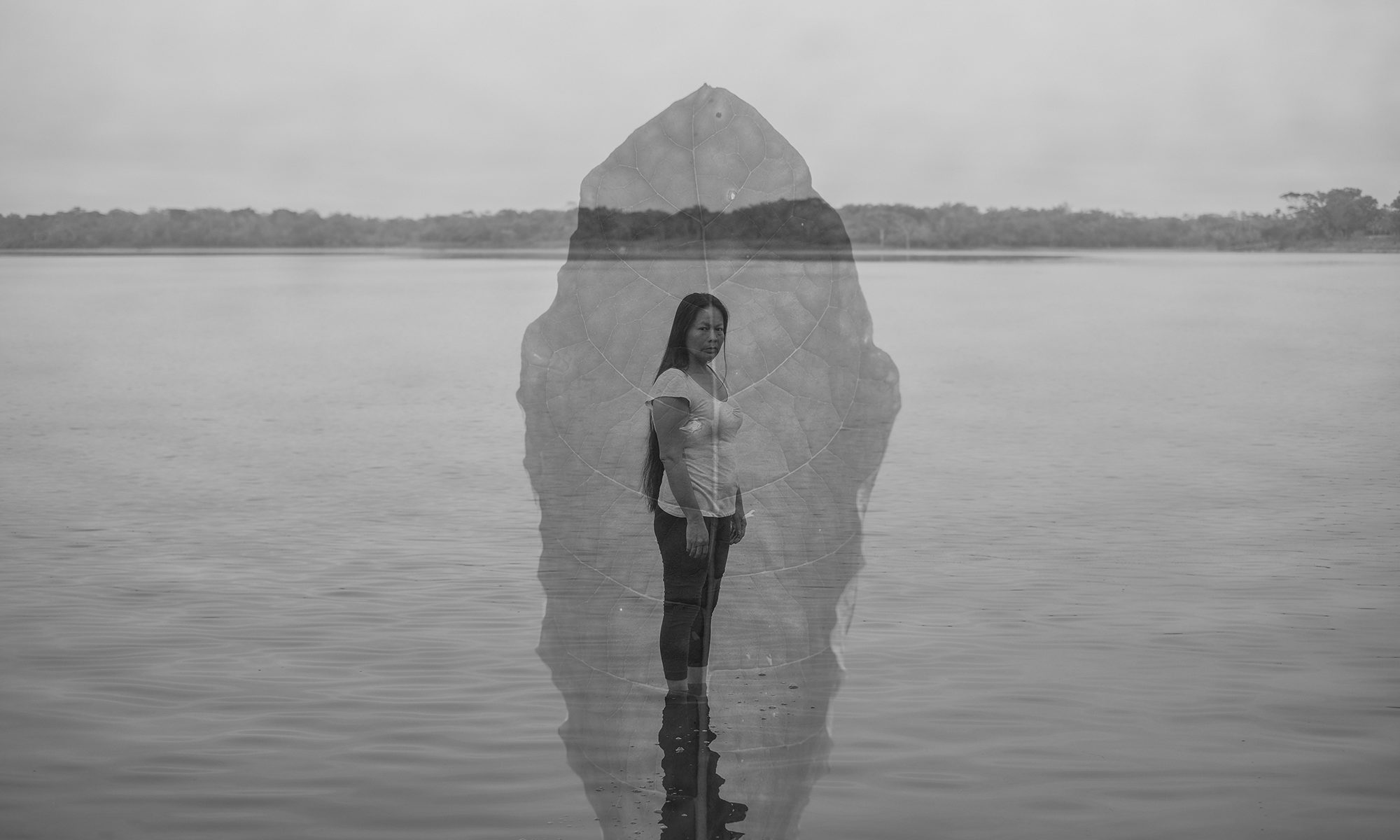
During the pandemic, Indigenous groups in the Amazon isolated themselves in their communities and attempted to find refuge through the plants of the vast forest. This is what the Shipibo-Konibo aimed to do, using their knowledge of both the forest and the medicinal uses of various plants. The global crisis caused by the pandemic has endangered this traditional knowledge of biodiversity, threatening the longest-existing communities.
Shipibo-Konibo communities are located primarily along the sides of the Ucayali River, which is one of the most important tributaries in the Peruvian Amazon and originates in the Andes Mountains. Of the 51 Indigenous groups that live in the Peruvian Amazon, the Shipibo-Konibo represent one of the largest, with around 32,964 members organized into 140 communities along the Ucayali.
The English excerpt above was translated from Portuguese. To read the original story and photo gallery in full, visit the Agência Pública website. You may also view the original story on the Rainforest Journalism Fund website here. Our website is also available in English, Spanish, bahasa Indonesia, French, and Portuguese.
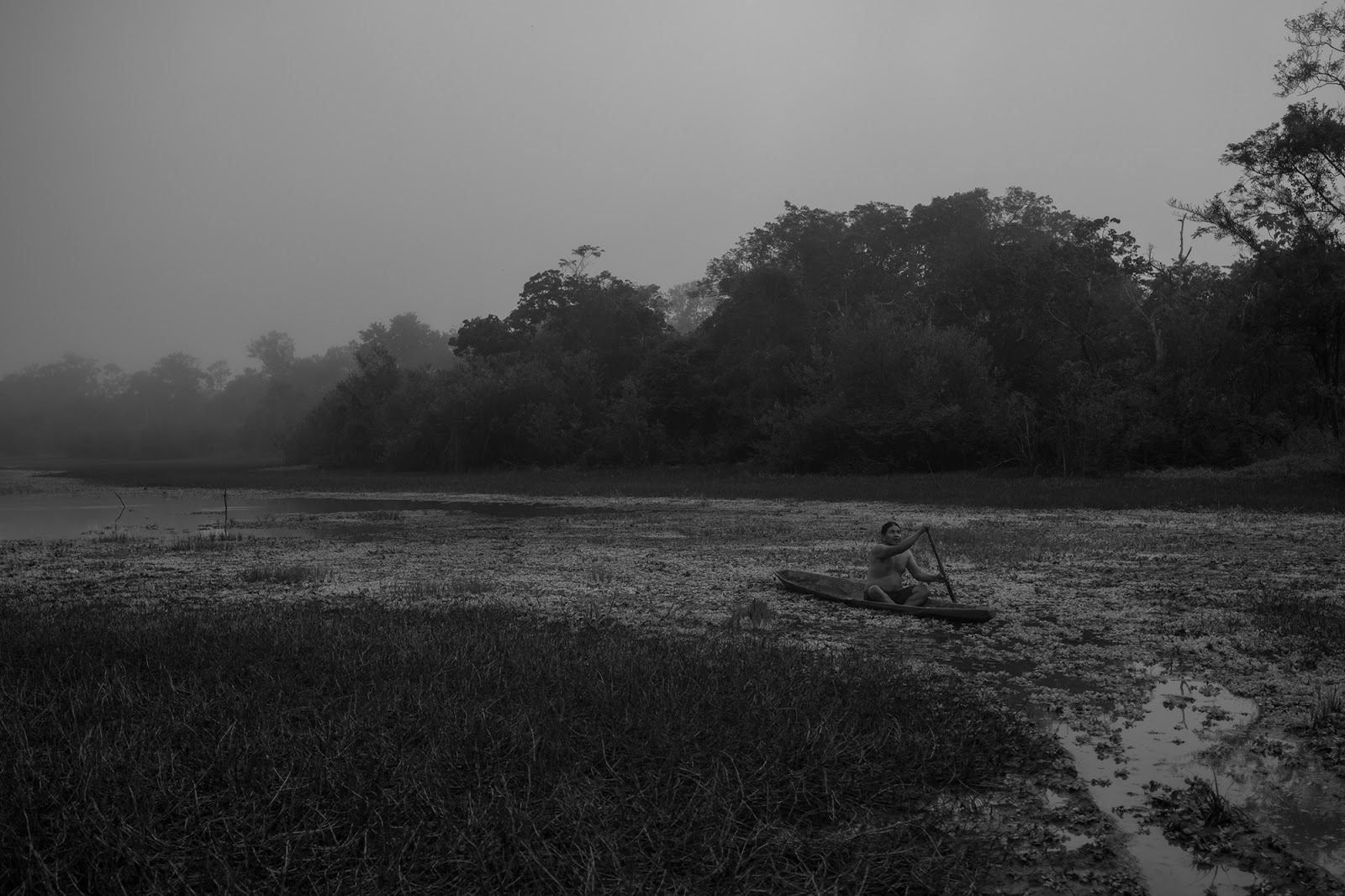


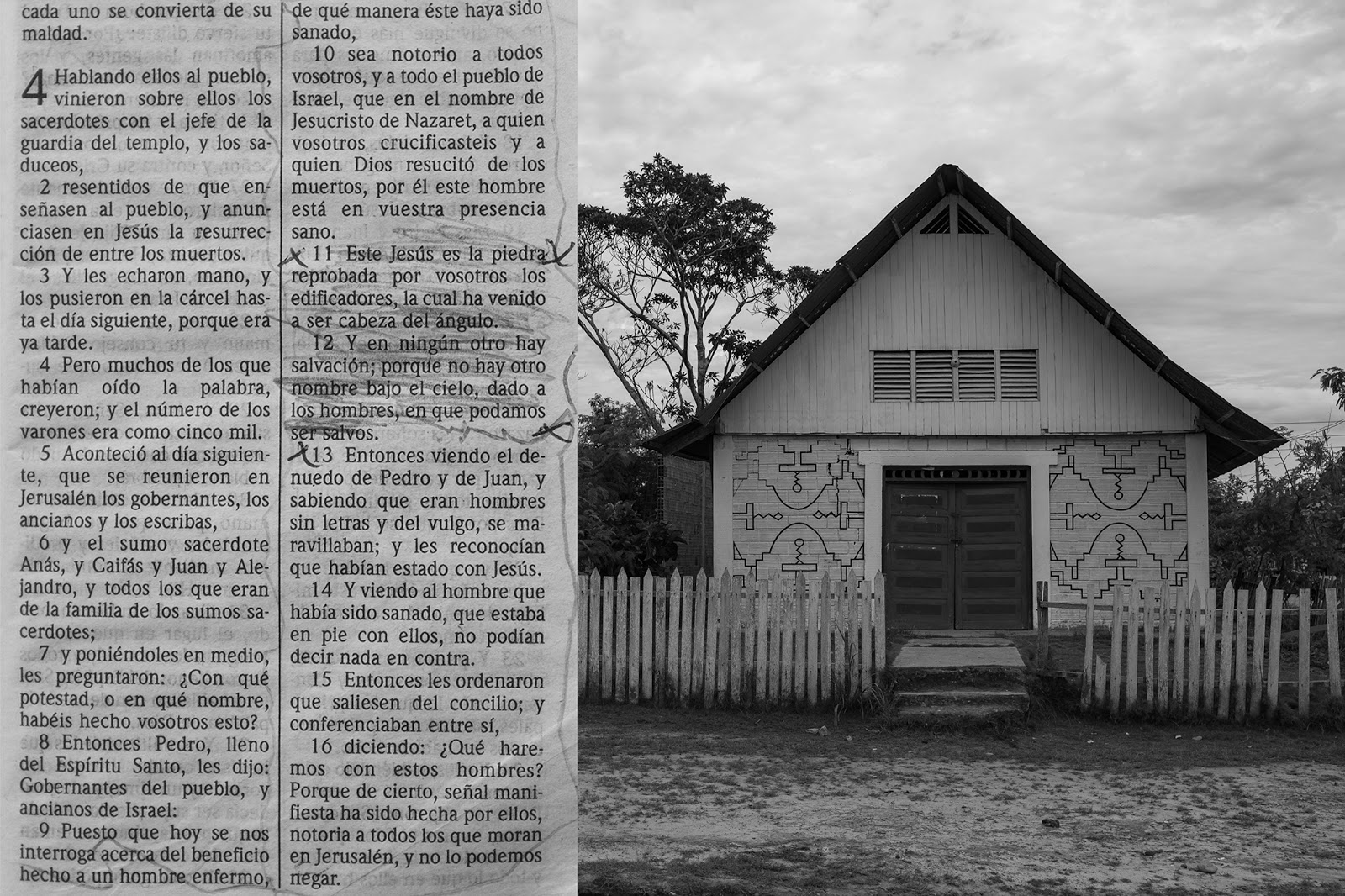
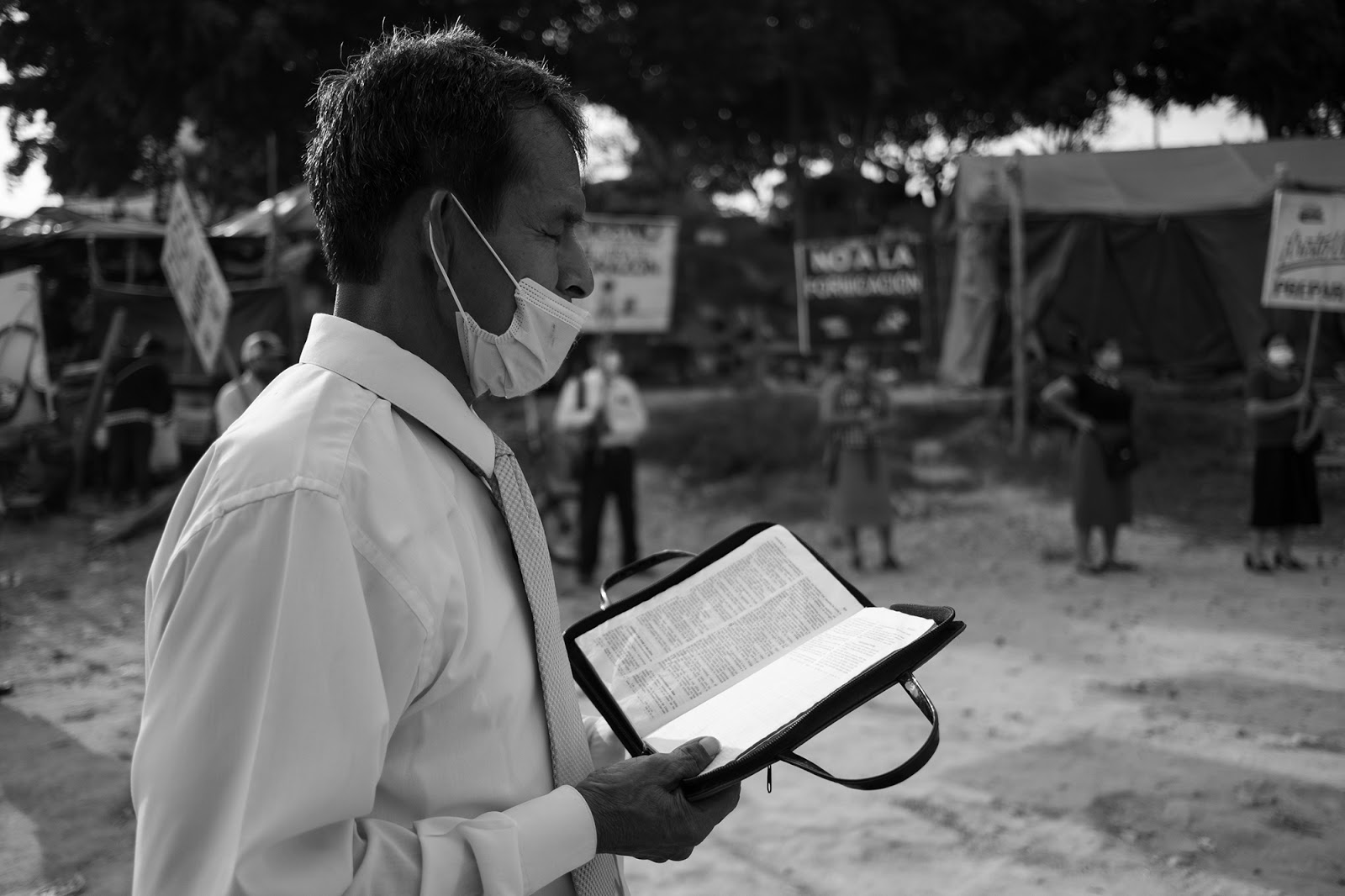

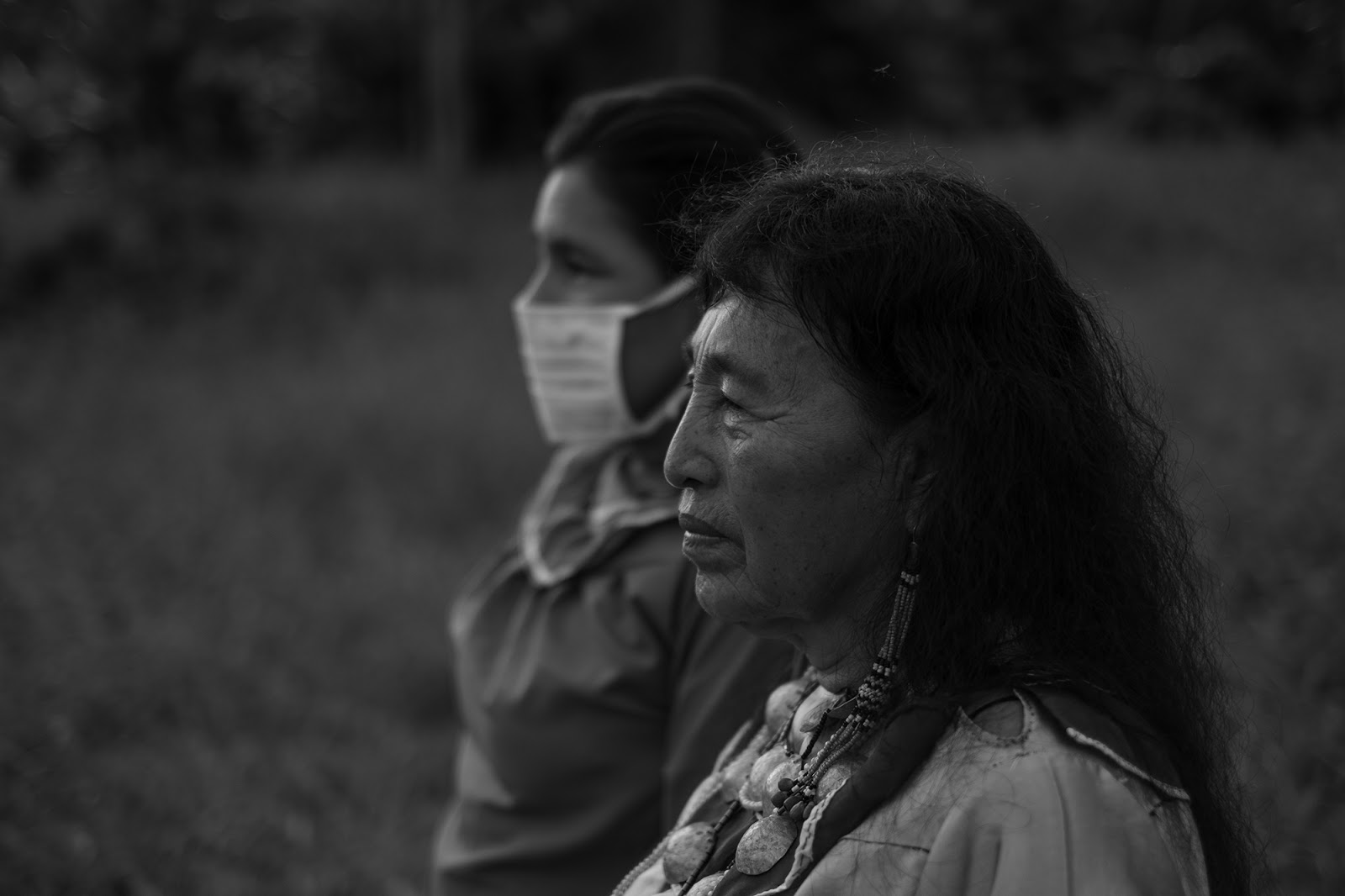
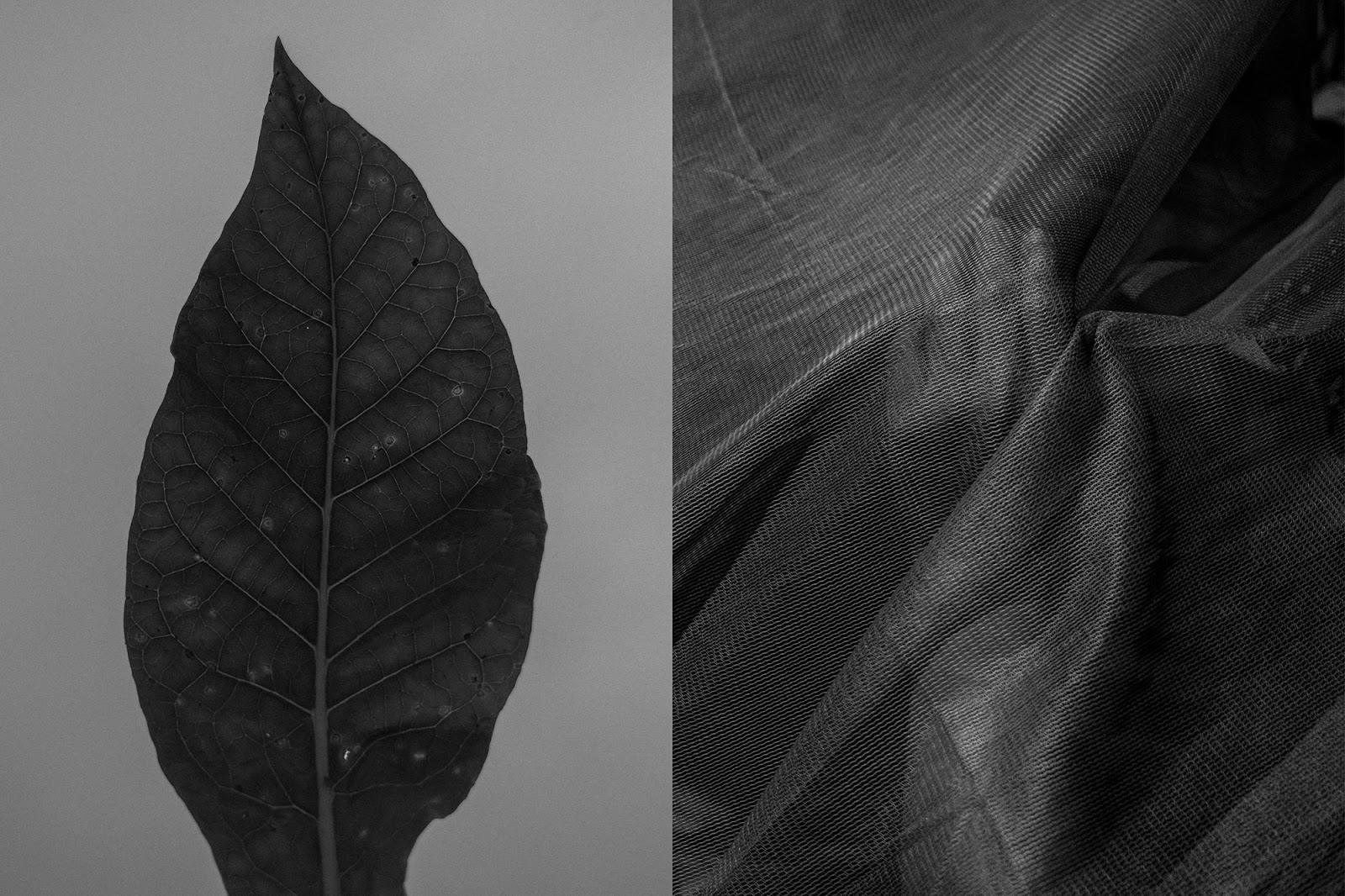
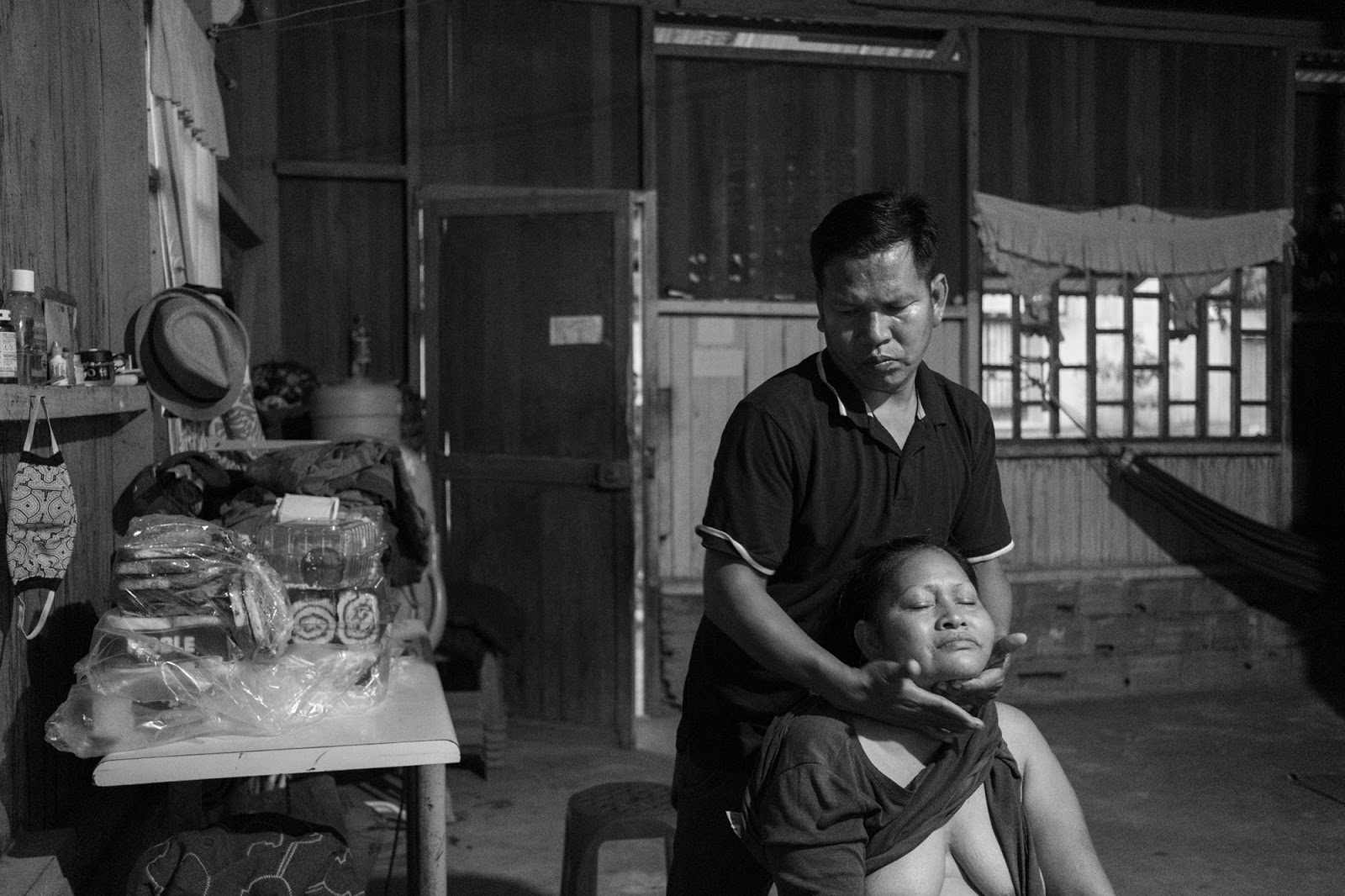
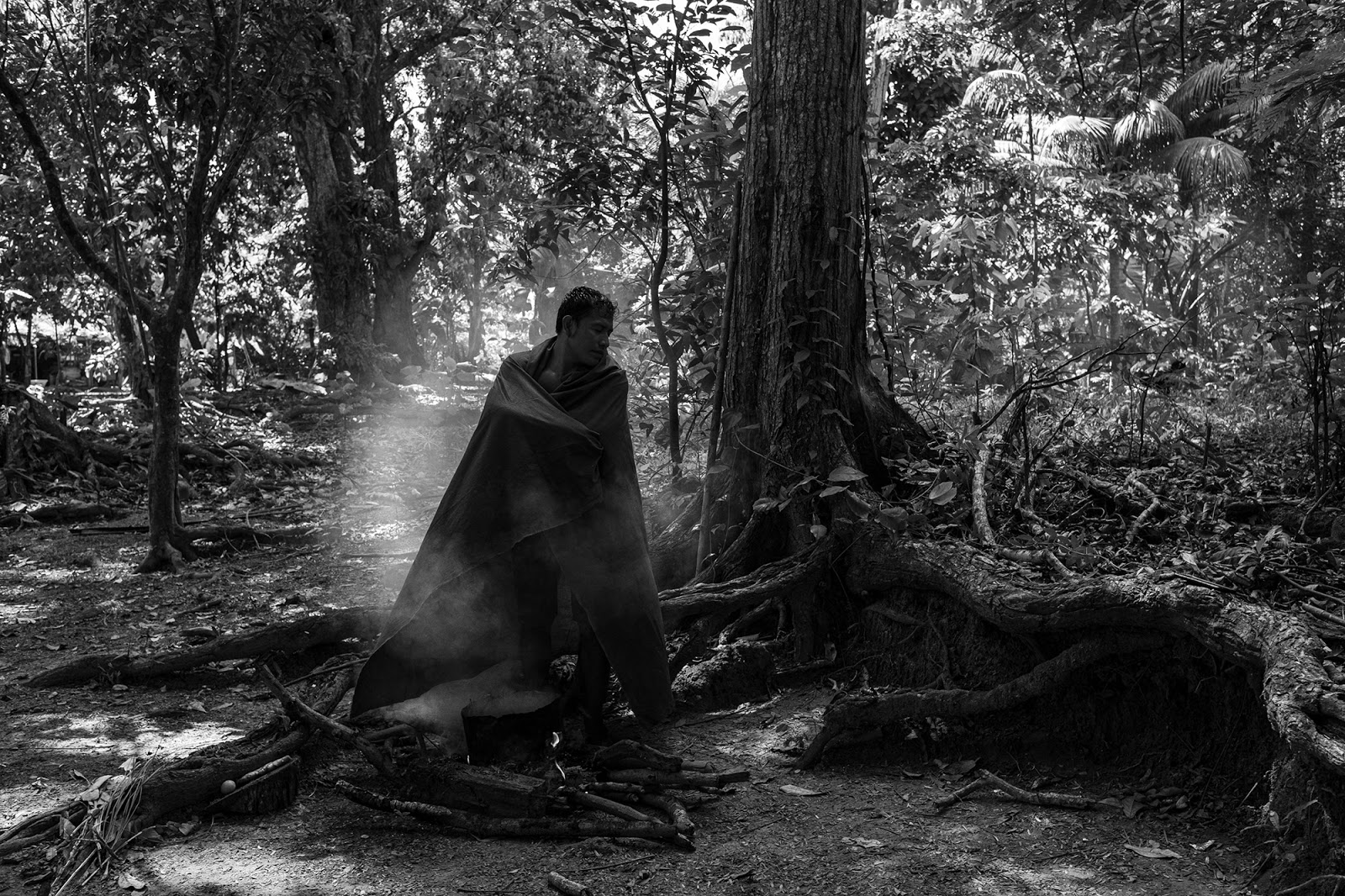

COVID-19 Update: The connection between local and global issues–the Pulitzer Center's long standing mantra–has, sadly, never been more evident. We are uniquely positioned to serve the journalists, news media organizations, schools, and universities we partner with by continuing to advance our core mission: enabling great journalism and education about underreported and systemic issues that resonate now–and continue to have relevance in times ahead. We believe that this is a moment for decisive action. Learn more about the steps we are taking.



